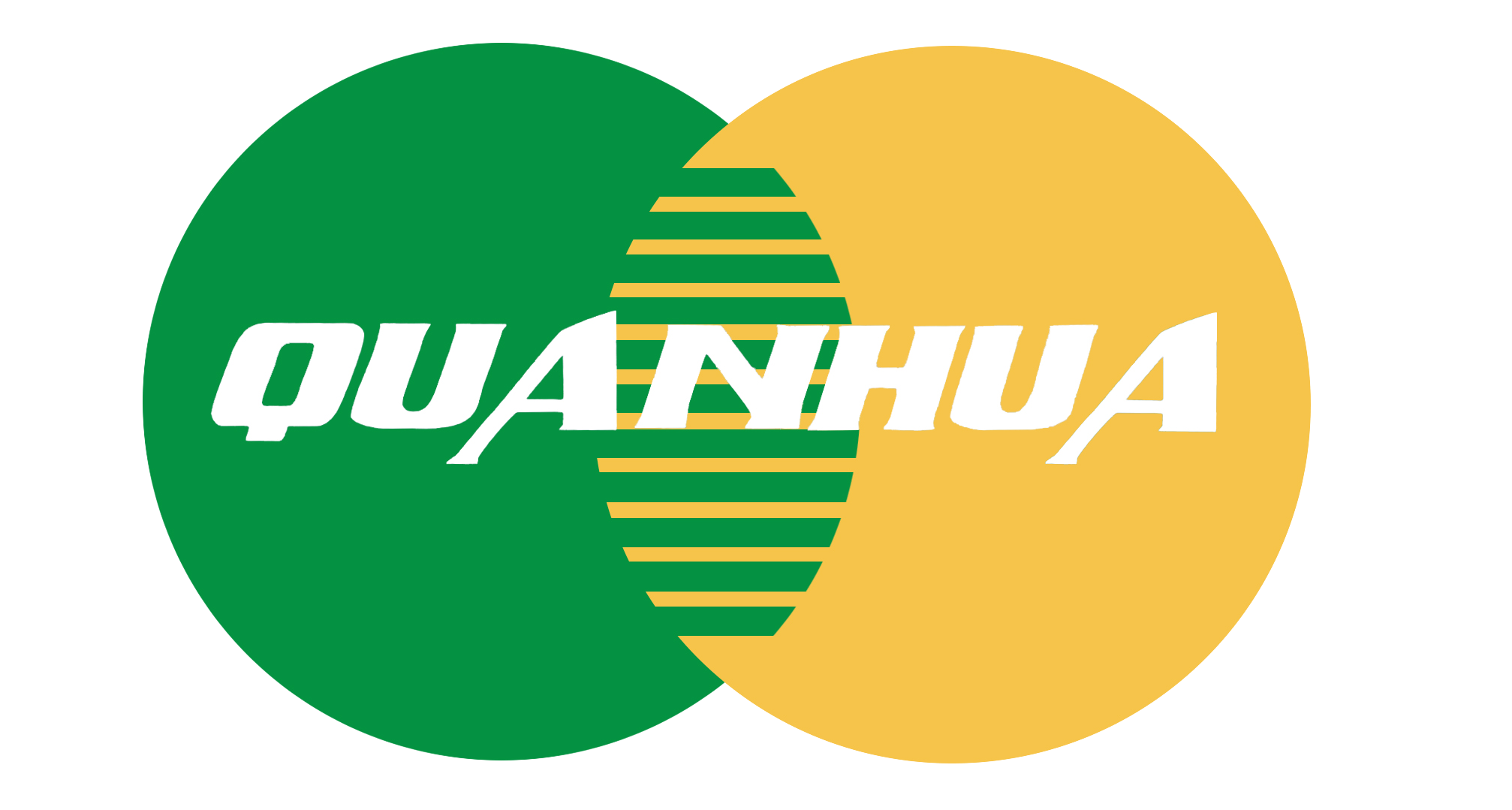Guide to ECO Friendly Eating Utensils
Learn everything about ECO friendly eating utensils. Make the eco-friendly choice for your next event. Discover more now!
As awareness of environmental issues grows, the demand for eco-friendly alternatives to traditional plastic utensils is increasing. Eco-friendly eating utensils offer a sustainable solution that reduces the environmental impact associated with disposable cutlery. This guide will explore the benefits, types, and proper use of eco-friendly eating utensils, drawing from the expertise and industry experience of QUANHUA.
The Importance of Eco-Friendly Eating Utensils
Environmental Impact
Traditional plastic utensils contribute significantly to plastic pollution. They take centuries to decompose and often end up in landfills or oceans, causing harm to wildlife and ecosystems. Eco-friendly eating utensils, made from renewable resources, decompose much faster and more safely, reducing the overall environmental footprint.
Sustainability
Eco-friendly utensils are designed with sustainability in mind. They are made from materials such as PLA (Polylactic Acid), bamboo, and other plant-based materials. These resources are renewable and have a lower environmental impact compared to petroleum-based plastics. By choosing eco-friendly utensils, consumers support sustainable practices and contribute to the circular economy.
Types of Eco-Friendly Eating Utensils
PLA Utensils
PLA (Polylactic Acid) utensils are derived from corn starch or sugarcane. They are fully compostable and break down into non-toxic components under industrial composting conditions. PLA utensils are suitable for cold foods and drinks, making them a popular choice for various events.
CPLA Utensils
CPLA (Crystallized Polylactic Acid) is a modified form of PLA designed to withstand higher temperatures. CPLA utensils can handle hot foods and beverages without compromising their structural integrity. They are also compostable, offering a versatile and eco-friendly option.
Bamboo Utensils
Bamboo is a fast-growing, renewable resource that is ideal for making durable and reusable utensils. Bamboo utensils are biodegradable and can be composted at the end of their lifecycle. They are sturdy and provide a natural aesthetic, making them a popular choice for eco-conscious consumers.
Wooden Utensils
Wooden utensils, typically made from birch or other sustainable wood sources, are another eco-friendly option. They are biodegradable, compostable, and offer a natural, rustic look. Wooden utensils are suitable for a variety of food types and are a popular choice for events and catering.
Benefits of Eco-Friendly Eating Utensils
Reducing Plastic Waste
By choosing eco-friendly utensils, you significantly reduce the amount of plastic waste generated. Eco-friendly options decompose much faster than traditional plastics, minimizing their impact on landfills and oceans.
Supporting Sustainable Practices
Using utensils made from renewable resources supports sustainable agricultural and manufacturing practices. This reduces reliance on fossil fuels and promotes the use of environmentally friendly materials.
Enhancing Brand Image
For businesses, offering eco-friendly utensils can enhance brand image and appeal to eco-conscious consumers. It demonstrates a commitment to sustainability and can attract customers who prioritize environmentally responsible choices.
Practical Tips for Using Eco-Friendly Eating Utensils
Event Planning
When planning an event, consider using eco-friendly utensils to minimize environmental impact. Whether it's a wedding, corporate event, or casual gathering, eco-friendly utensils can provide a sustainable alternative without sacrificing functionality or style.
Proper Disposal
To maximize the benefits of eco-friendly utensils, ensure they are disposed of correctly. Many eco-friendly utensils require industrial composting facilities to break down efficiently. Check local composting guidelines and facilities to ensure proper disposal.
Educating Guests
Inform guests about the eco-friendly utensils being used and the importance of proper disposal. This can encourage responsible behavior and increase awareness about sustainability practices.
Choosing the Right Supplier
Select a reputable supplier that offers certified eco-friendly utensils. QUANHUA, for example, provides high-quality, sustainable cutlery made from renewable resources. Their products meet international compostability standards, ensuring both environmental and functional quality.
QUANHUA’s Commitment to Sustainability
Industry Expertise
With years of experience in producing eco-friendly cutlery, QUANHUA is committed to sustainability. Their range of PLA, CPLA, bamboo, and wooden utensils offers reliable and environmentally responsible options for various needs.
Quality Assurance
QUANHUA's products are certified by reputable organizations, ensuring they meet stringent compostability and sustainability standards. This guarantees that their eco-friendly utensils are both effective and safe for the environment.
Innovative Solutions
QUANHUA continuously innovates to improve their products and processes. By investing in research and development, they aim to provide even more sustainable solutions to meet the growing demand for eco-friendly alternatives.
Conclusion
Eco-friendly eating utensils are an essential part of the movement towards sustainability. By reducing plastic waste, supporting renewable resources, and promoting responsible disposal, they offer a viable alternative to traditional plastic cutlery. Whether for personal use or business purposes, choosing eco-friendly utensils makes a positive impact on the environment. Explore QUANHUA's range of sustainable cutlery options at QUANHUA and join the effort to protect our planet.

